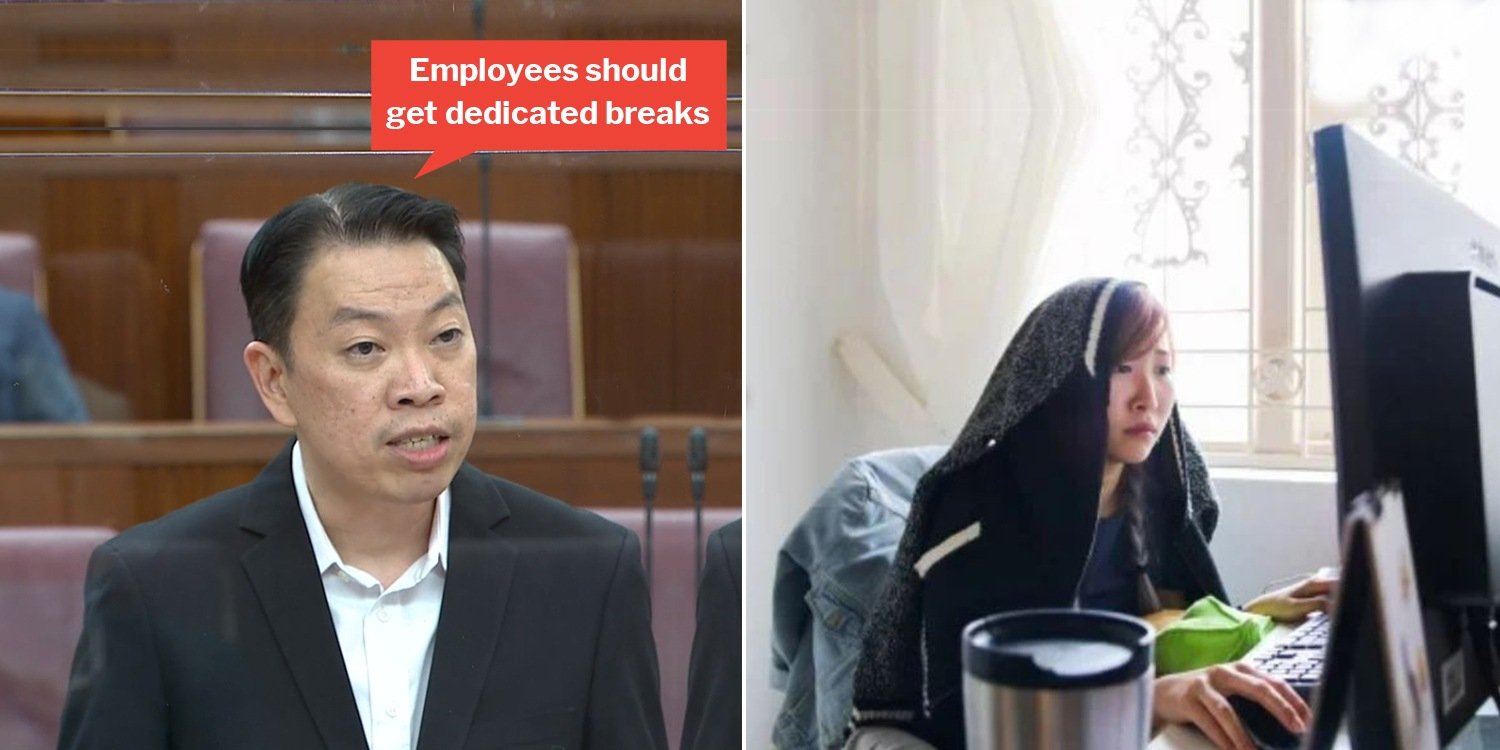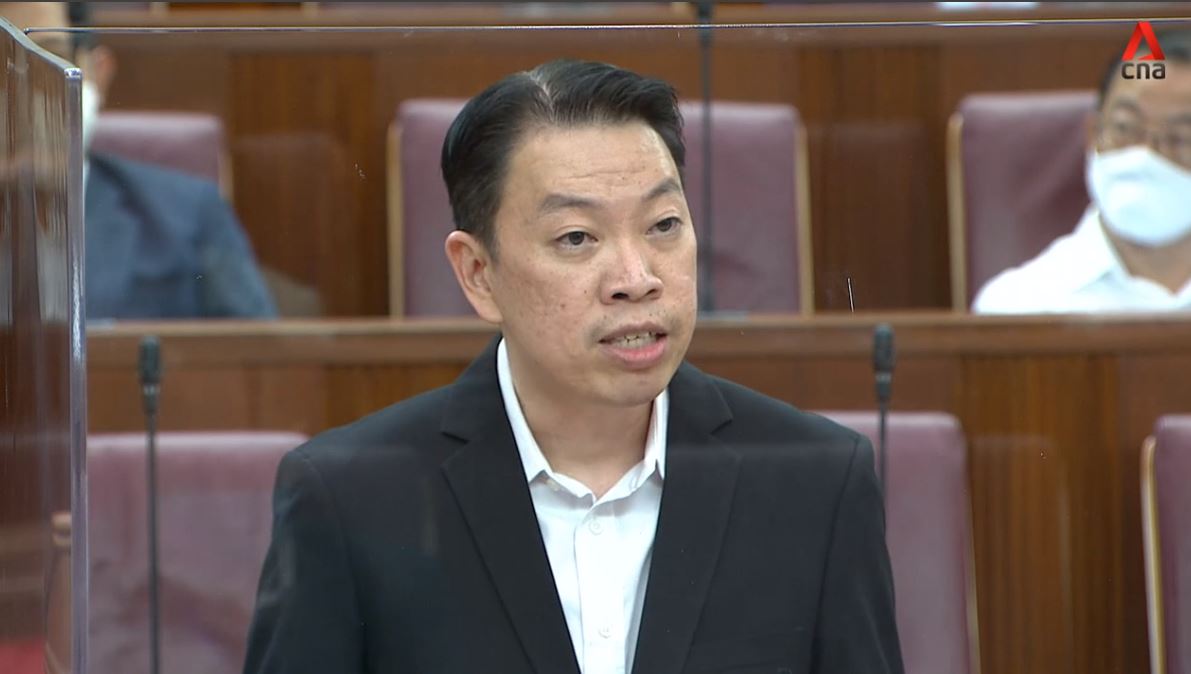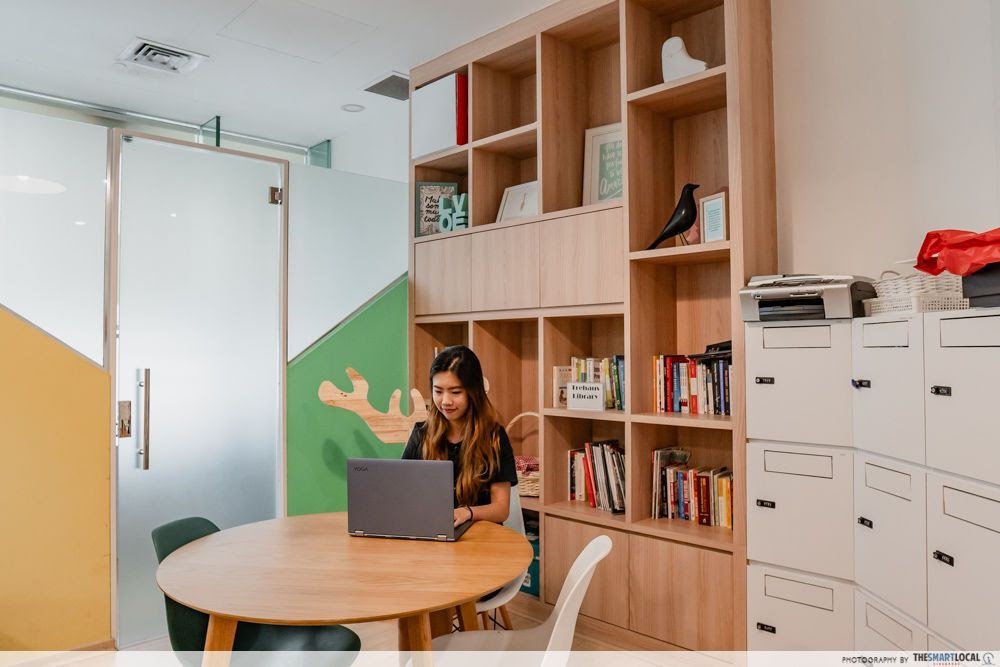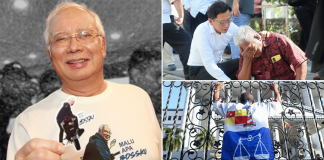Work-From-Home Laws To Protect Employees Pitched By MP Melvin Yong
Singapore’s parliamentary sessions have kicked into full swing. Given that Work-From-Home (WFH) is fast becoming our new normal, MP Melvin Yong pitched some key points to consider on Monday (31 Aug).
A ‘Right to Disconnect‘ legislation, which involves employees having the rights to choose not to answer calls & emails past work hours, was raised.
You can view Mr Yong’s full speech here. He speaks about his proposals to consider laws to protect WFH employees at around the 8.40 mark.
We summarise his points below to figure out what this could mean for our post-pandemic work lives beyond 2020.
Right to disconnect during Work-From-Home
Since the Circuit Breaker, many employees have moved work online – via Zoom or Google Meet calls – and communicating via emails.
However, as Phase 2 began, some also experienced screen fatigue and the blurring of work hours within the day.
Mr Yong identified this as a problem and shared that Singapore should consider putting forth legislation to protect employees who continue to answer work calls after hours.
Can negotiate work calls outside office hours
Pioneered in France in 2017, the ‘Right to Disconnect‘ legislation involves letting employees negotiate with their employers on answering work calls & emails outside of office hours.
In his words, implementing a law like this will allow employees to enjoy “a dedicated break” so as to “reduce employee fatigue & burnout”.
The MP also shared that similar laws have been implemented in Italy & the Philippines.
Protecting freelancer benefits
Mr Yong also drew attention to freelancers who are “inadequately protected” under existing Workplace Safety and Health Act (WSH) regulations.
Regular employees who enjoy full-time contracts may enjoy some statutory benefits under WSH — including WICA coverage, medical group insurance & medical leave.
However, without “adequate WSH protection”, freelancers are “cheaper to hire” which pushes more companies to adopt similar arrangements to reduce costs.
Mr Yong describes this scenario as a “gap that needs to be plugged”.
Safe management officers beyond the pandemic
Finally, MP Melvin Yong shares that we’ve already “half a step” towards ensuring fair representation for employee rights in every company.
Due to the Covid-19 pandemic, most companies already have a Safe Management Officer (SMO) in every office.
Mr Yong proposes expanding the role of these mandatory SMOs to look out for employee rights & ensuring local companies toe the line with WSH regulations, even after the pandemic abates.
Workplace safety & health is key
The Covid-19 pandemic has allowed us to take stock of some gaps in our legislation for vulnerable employees who’ve been tahan-ing some undesirable working conditions.
As our society aspires to create safer & healthier workplaces for all, we hope that Mr Yong’s suggestions will be reviewed in due course.
Ensuring fairer employee-employer representation in our laws will definitely be a great way to turn 2020’s WFH experiment into a constructive & sustainable experience in the long run.
What do you think of this suggestion? Feel free to share your thoughts in the comments below.
Featured image adapted from TheSmartLocal.









